Green certifications can seem like a maze of regulations and standards, but they’re essential for ensuring sustainability in various industries. Here are 25 insider tips to help you navigate the complex world of green certifications in the USA.
1. Understand LEED Certification

Image Credit: Pexels / Andrea Piacquadio
The Leadership in Energy and Environmental Design (LEED) certification is crucial for buildings. Familiarize yourself with its different levels: Certified, Silver, Gold, and Platinum, which reflect the degree of sustainability achieved.
2. Know the ENERGY STAR Program

Image Credit: Shutterstock / DuxX
ENERGY STAR certifies energy-efficient products and homes. Look for the ENERGY STAR label on appliances and electronics to ensure they meet rigorous energy efficiency standards.
3. Familiarize with the Green Seal

Image Credit: Shutterstock / Marius Pirvu
Green Seal certifies products and services that meet high environmental standards. This includes cleaning products, paper, and paints that are non-toxic and sustainably sourced.
4. Learn About USDA Organic Certification
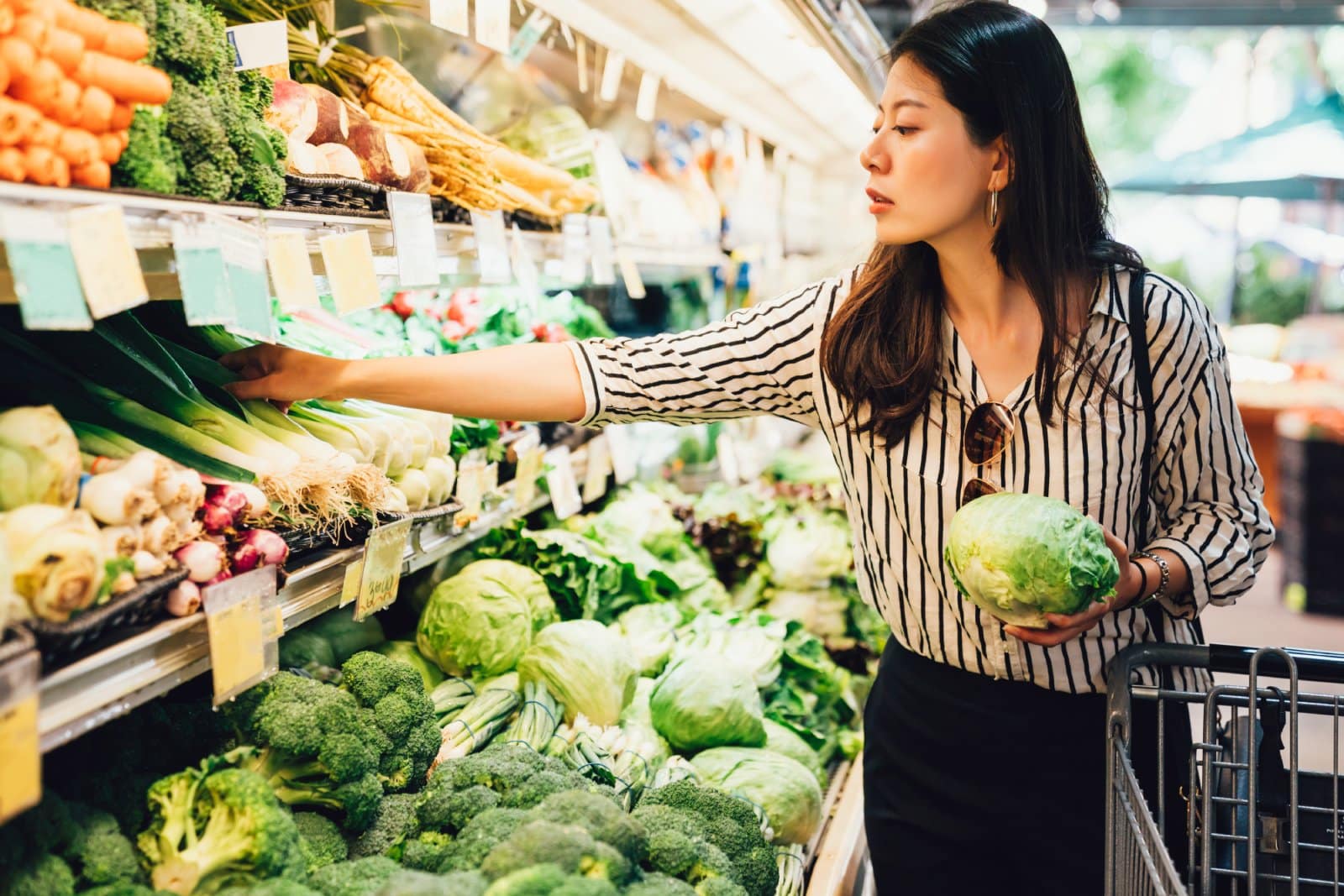
Image Credit: Shutterstock / PR Image Factory
USDA Organic certification ensures that food and agricultural products are produced without synthetic pesticides, GMOs, and artificial fertilizers. Look for the USDA Organic label when buying organic products.
5. Check the Forest Stewardship Council (FSC) Label

Image Credit: Pexels / Ono Kosuki
The FSC label certifies that wood and paper products come from responsibly managed forests. This certification helps combat deforestation and promotes sustainable forestry practices.
6. Explore the WaterSense Program
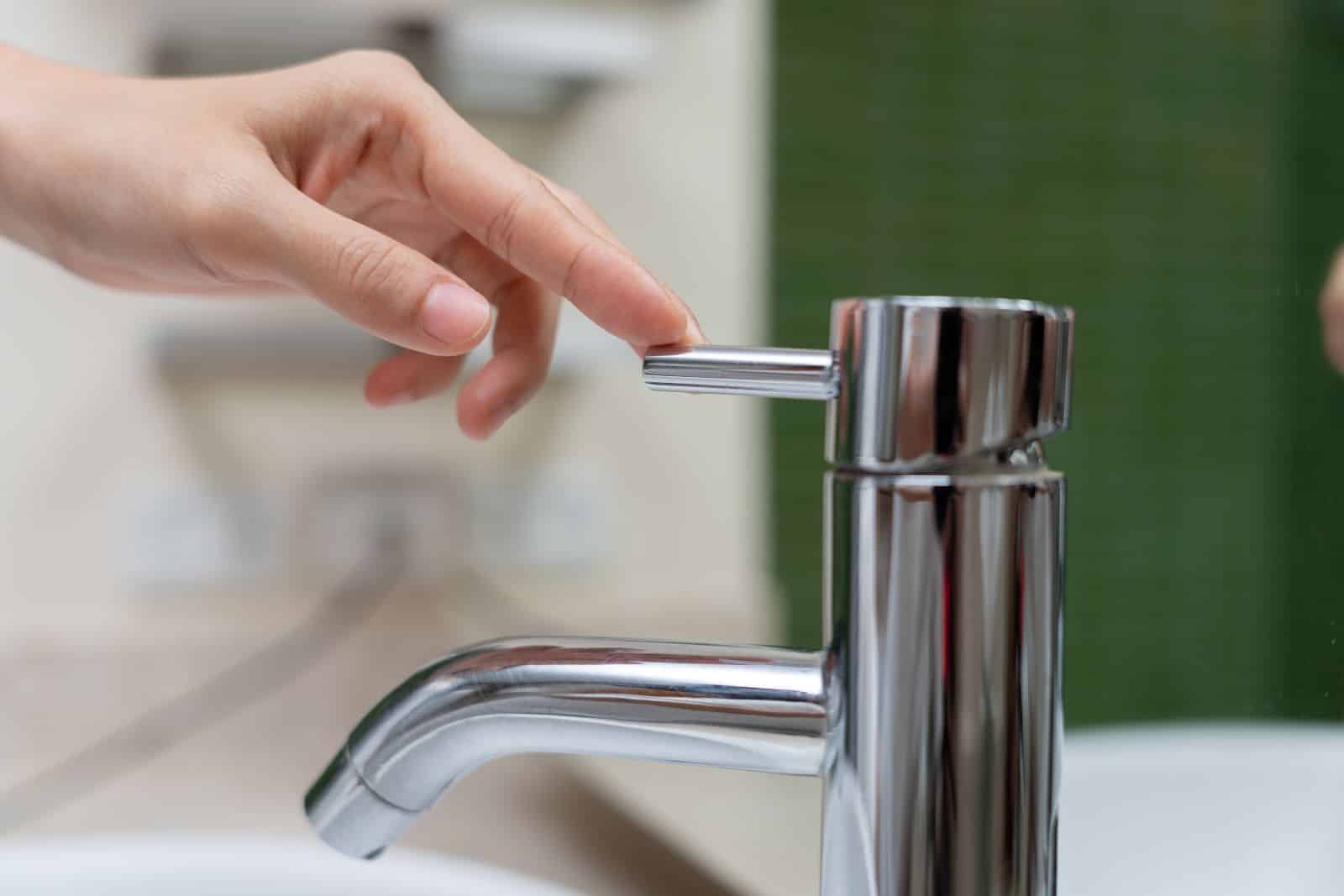
Image Credit: Shutterstock / shisu_ka
WaterSense certifies water-efficient products and services. Products with the WaterSense label, such as faucets and toilets, use at least 20% less water than standard models.
7. Investigate Cradle to Cradle Certification

Image Credit: Pexels / MART PRODUCTION
Cradle to Cradle certification assesses the sustainability of products across five categories: material health, material reutilization, renewable energy, water stewardship, and social fairness. Look for this certification for high sustainability standards.
8. Understand the GREENGUARD Certification

Image Credit: Shutterstock / Nenad Aksic
GREENGUARD certifies products with low chemical emissions. This is particularly important for indoor air quality in buildings and homes.
9. Recognize the Fair Trade Certification

Image Credit: Pexels / cottonbro studio
Fair Trade certification ensures that products are made in safe working conditions, with sustainable livelihoods for workers. This applies to products like coffee, tea, and textiles.
10. Look for EPEAT Certification
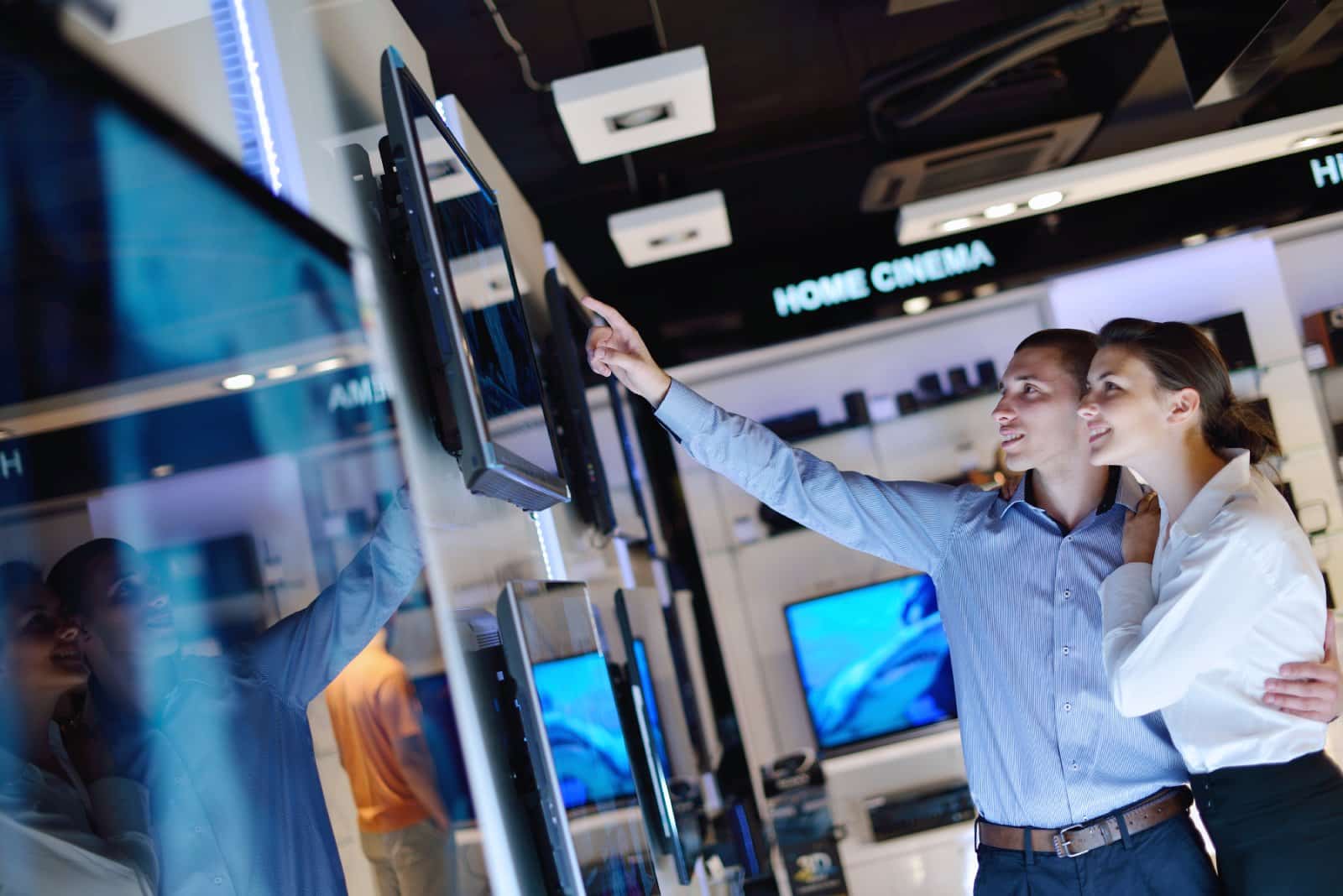
Image Credit: Shutterstock / dotshock
EPEAT certifies electronics that meet strict environmental criteria. This includes energy efficiency, reduction of toxic materials, and recyclability.
11. Be Aware of SCS Global Services
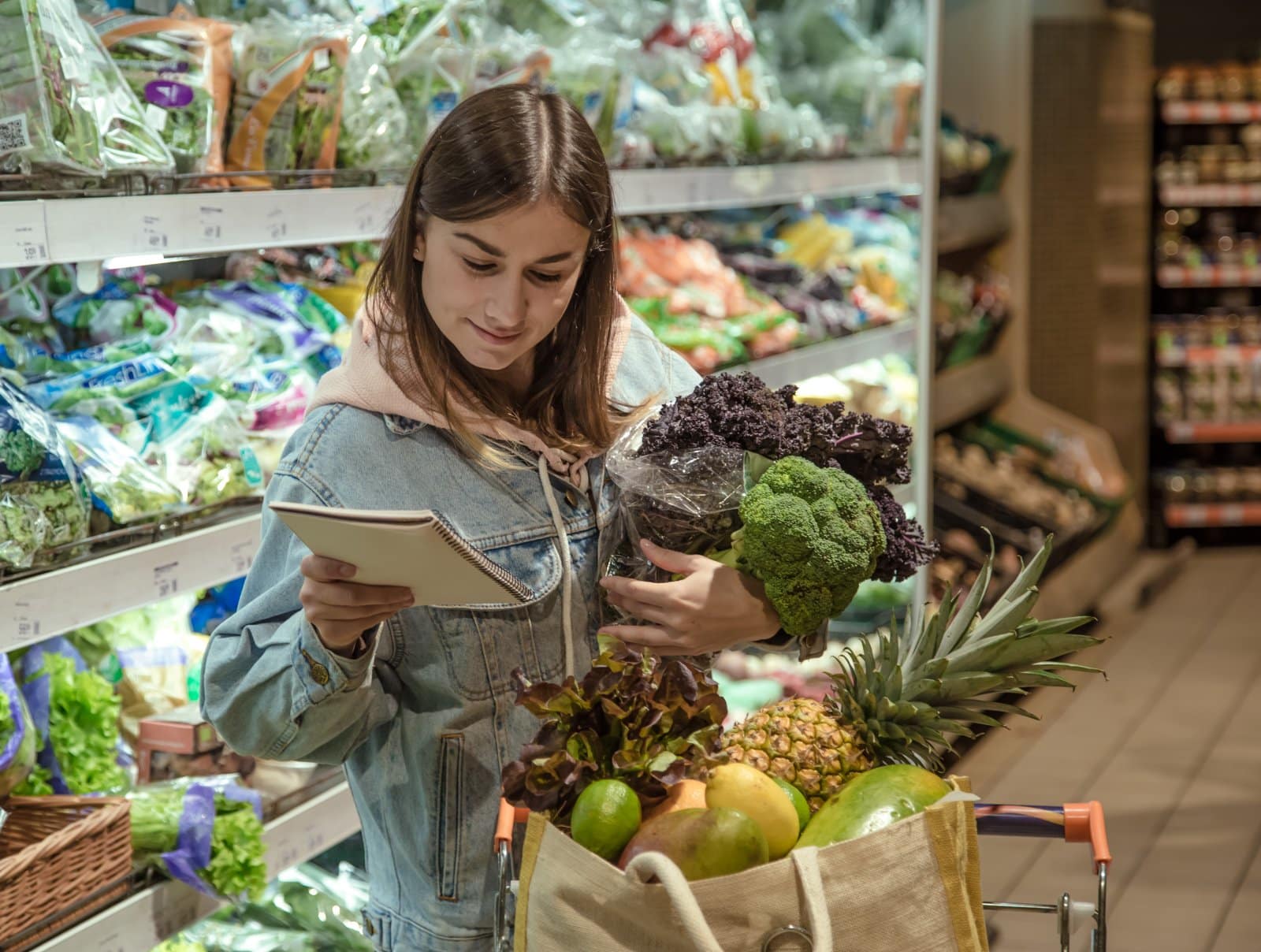
Image Credit: Shutterstock / PV productions
SCS Global Services provides a variety of certifications, including recycled content, biodegradability, and sustainable agriculture. Familiarize yourself with their labels for trusted sustainability claims.
12. Understand the Global Organic Textile Standard (GOTS)

Image Credit: Shutterstock / PeopleImages.com – Yuri A
GOTS certifies organic textiles, ensuring they are made from at least 70% organic fibers and processed under strict environmental and social criteria.
13. Explore Green Globes Certification

Image Credit: Shutterstock / Gladskikh Tatiana
Green Globes is an alternative to LEED for building certification, focusing on energy efficiency, water conservation, and indoor environmental quality.
14. Know the UL ECOLOGO Certification
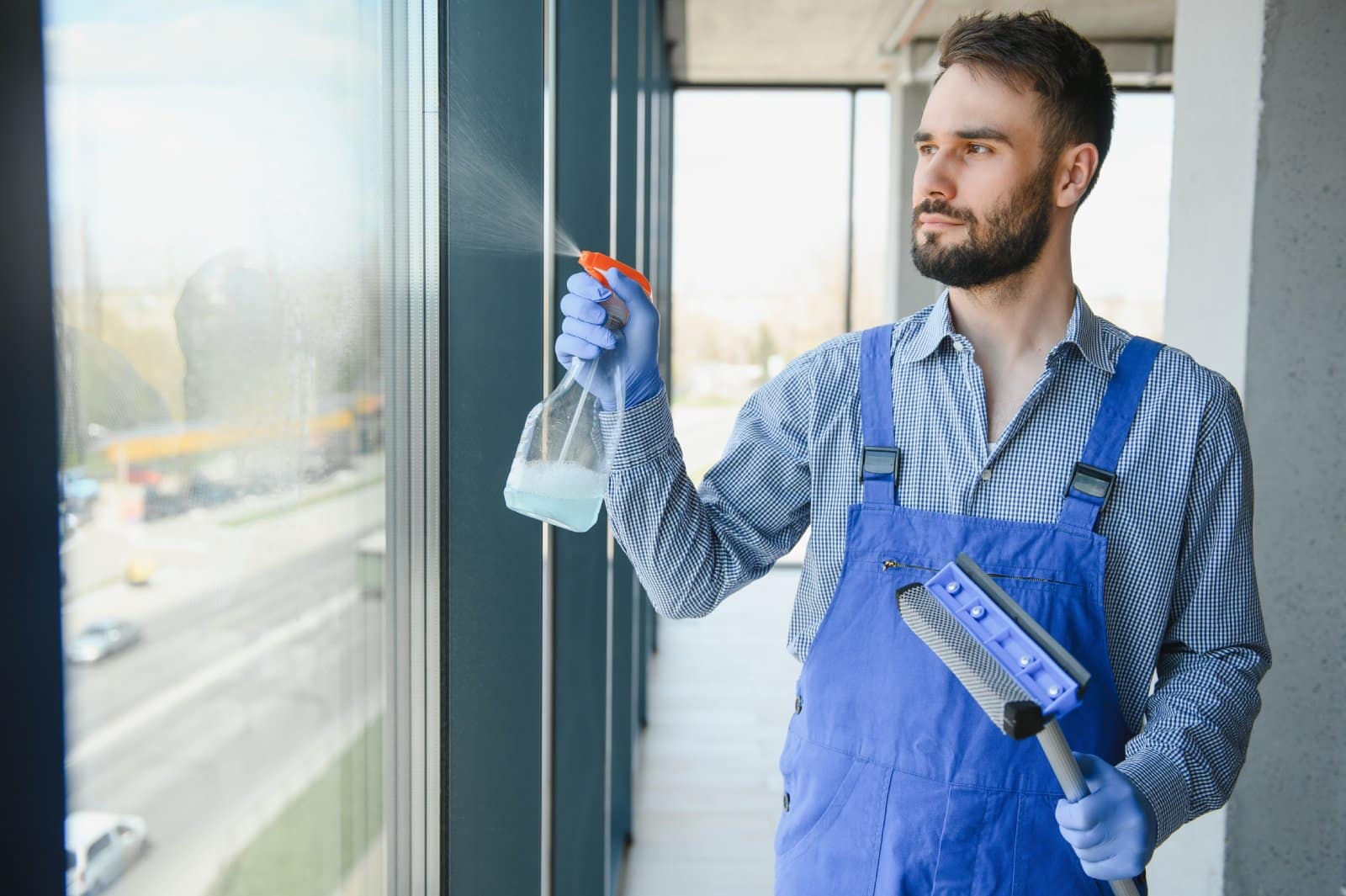
Image Credit: Shutterstock / Hryshchyshen Serhii
ECOLOGO certifies products that meet strict environmental performance criteria. This includes cleaning products, building materials, and personal care items.
15. Learn About the Living Building Challenge
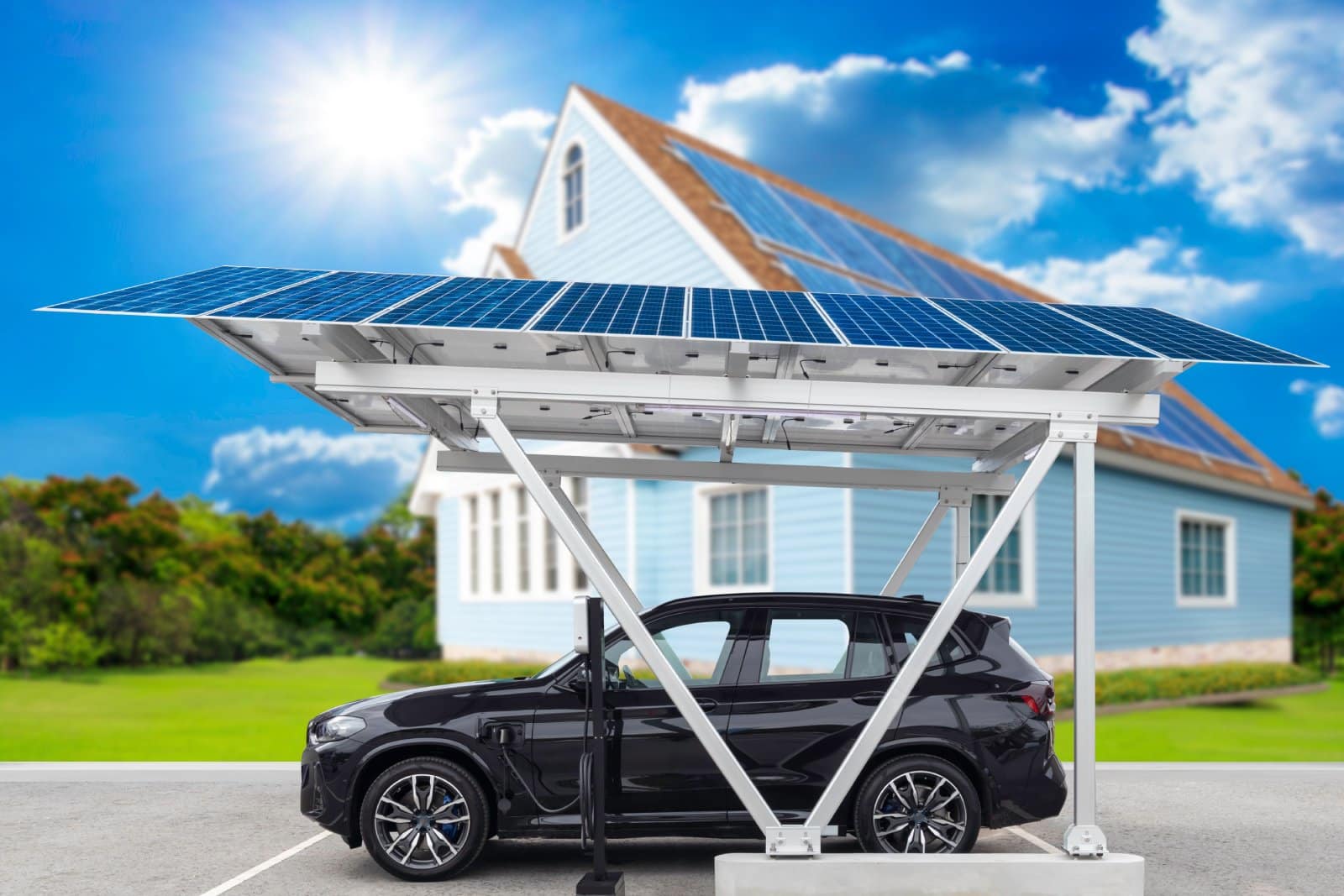
Image Credit: Shutterstock / Engineer studio
The Living Building Challenge is a rigorous certification for buildings that achieve net-zero energy, water, and waste. It is considered the pinnacle of sustainable building certifications.
16. Investigate the Rainforest Alliance Certification
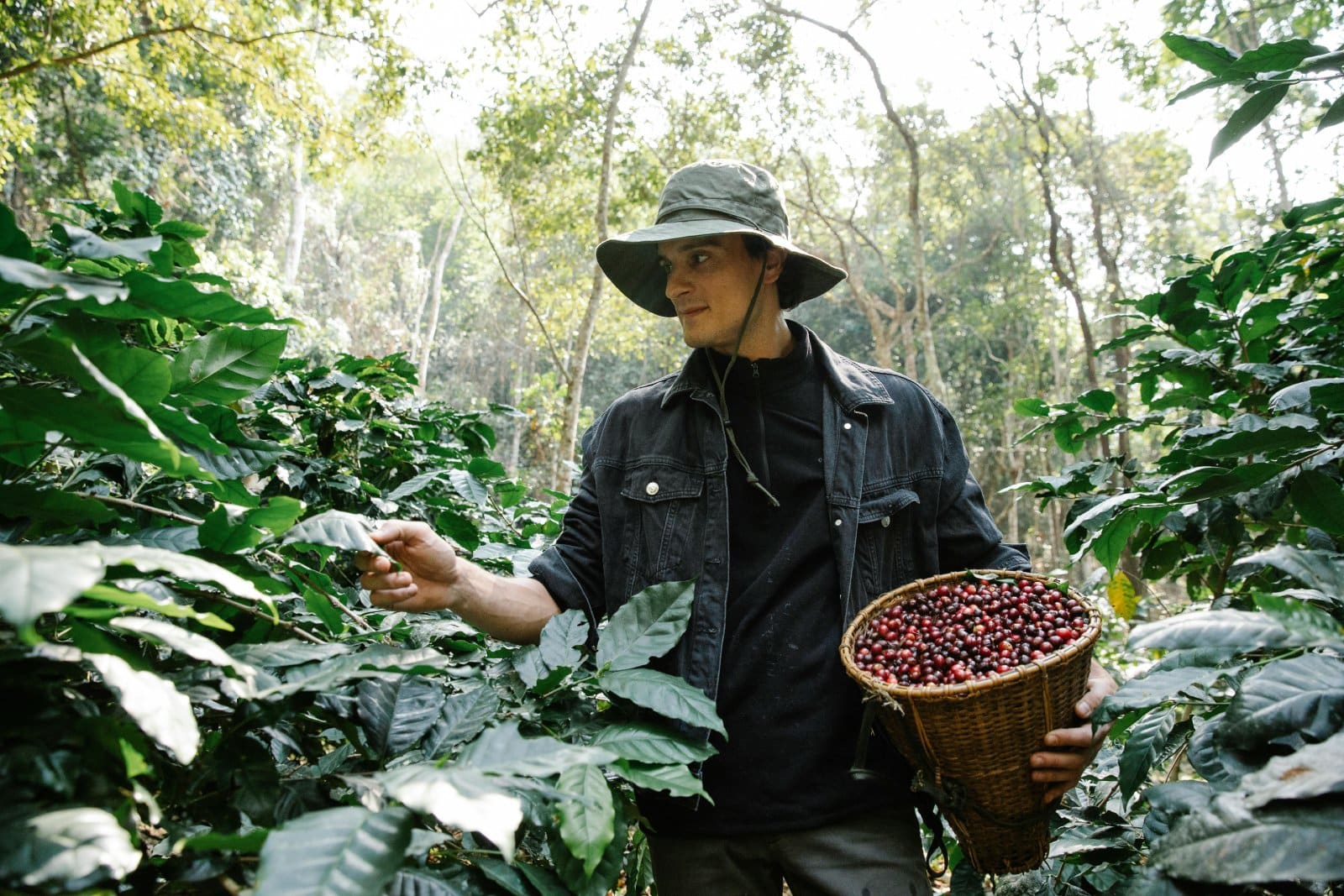
Image Credit: Pexels / Michael Burrows
Rainforest Alliance certifies products and farms that meet rigorous environmental, social, and economic criteria. This certification is common in coffee, tea, and chocolate.
17. Recognize the BREEAM Certification

Image Credit: Shutterstock / Fahroni
BREEAM (Building Research Establishment Environmental Assessment Method) is a global standard for assessing building sustainability. It’s less common in the U.S. but gaining recognition.
18. Look for the Safer Choice Label
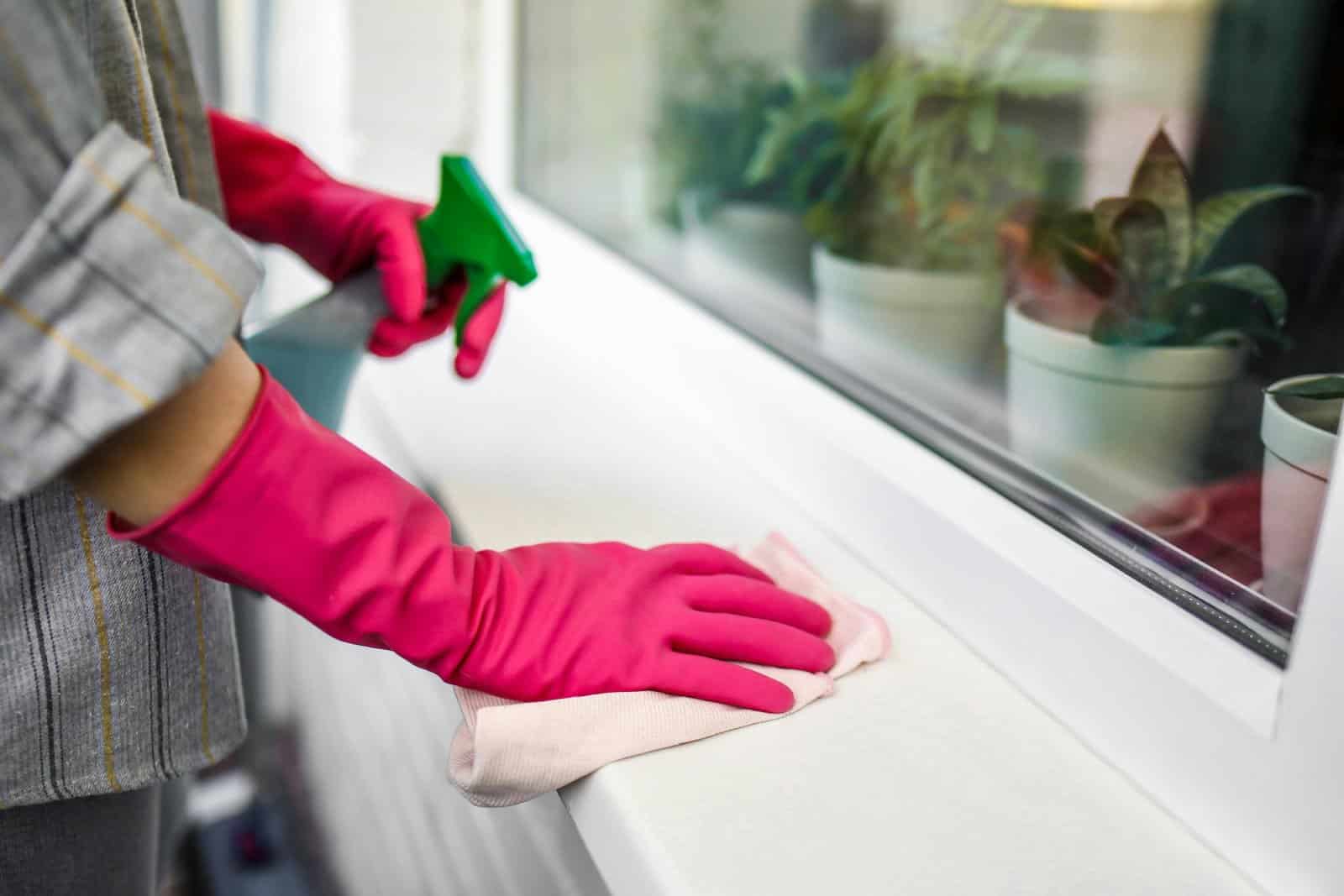
Image Credit: Pexels / Polina Tankilevitch
The EPA’s Safer Choice label identifies products with safer chemical ingredients, without sacrificing quality or performance.
19. Be Aware of the ANSI/BIFMA e3 Furniture Sustainability Standard

Image Credit: Shutterstock / insta_photos
This standard applies to office furniture, ensuring it meets environmental performance criteria throughout its lifecycle.
20. Understand the NSF Sustainability Certified Product Program

Image Credit: Pexels / Engin Akyurt
NSF certifies a wide range of products, including water filters and personal care items, based on environmental and health criteria.
21. Familiarize with the Marine Stewardship Council (MSC) Certification
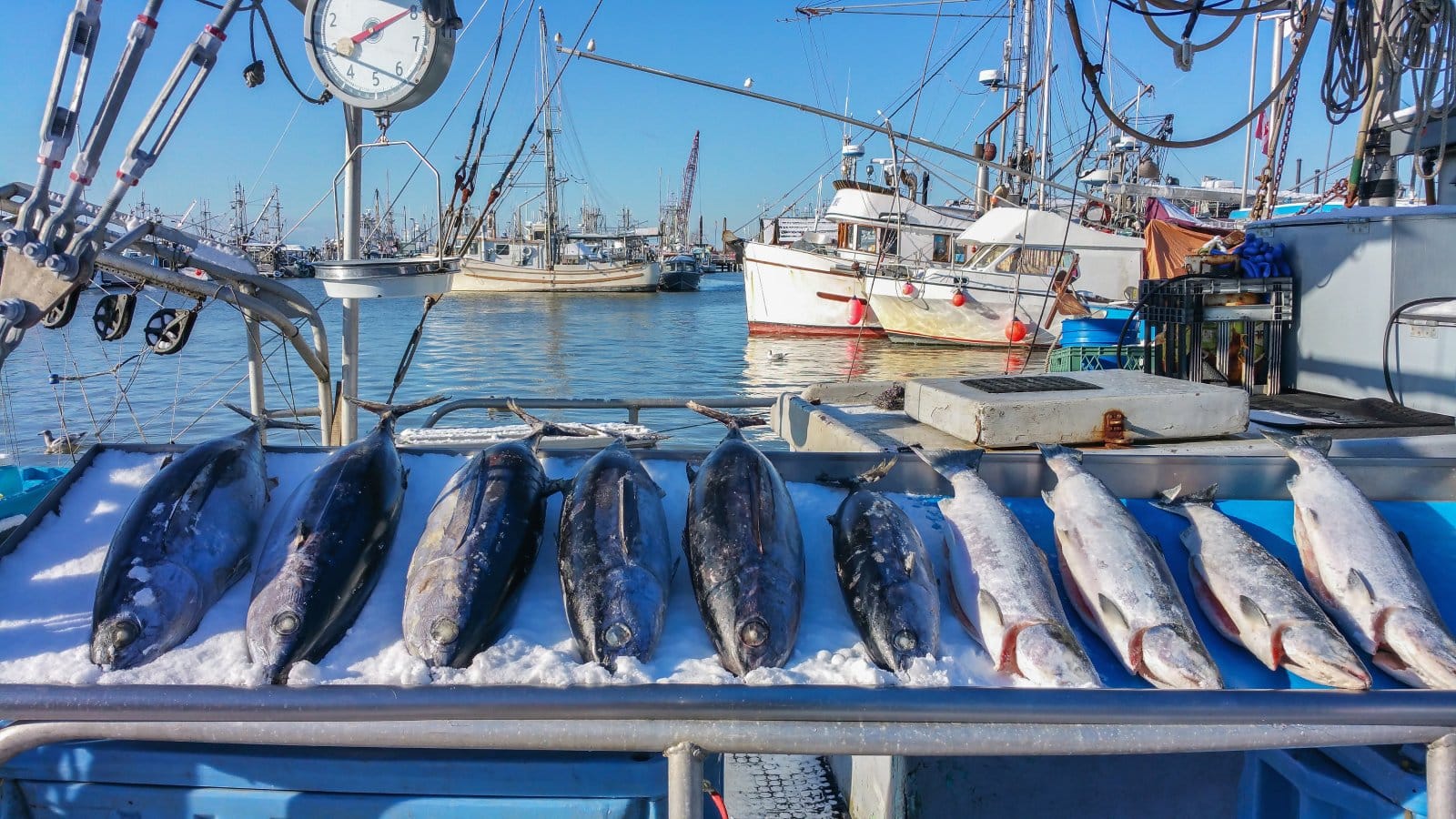
Image Credit: Shutterstock / Volodymyr Kyrylyuk
MSC certifies sustainable seafood, ensuring it is sourced from well-managed fisheries that maintain healthy fish populations.
22. Explore the Better Cotton Initiative (BCI)

Image Credit: Shutterstock / shutter_o
BCI certifies cotton that is produced in a way that is better for the environment and farming communities. This label helps you choose sustainable textiles.
23. Recognize the Low Impact Hydropower Institute (LIHI) Certification
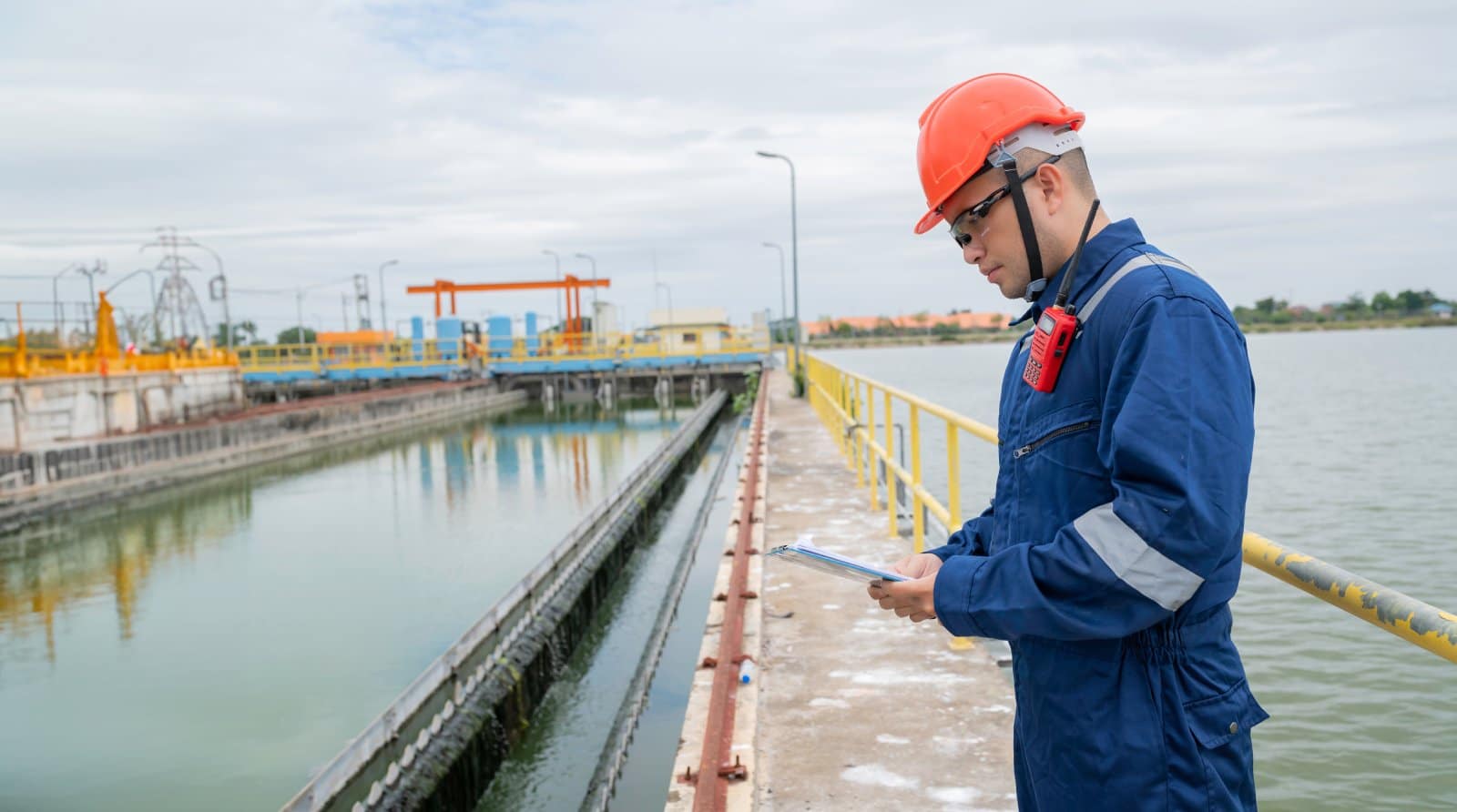
Image Credit: Shutterstock / shutter_o
LIHI certifies hydropower projects that meet environmental performance standards, including river flow protection and water quality.
24. Look for the Certified Wildlife Friendly Label

Image Credit: Shutterstock / Ground Picture
This label certifies products that support the conservation of wildlife and their habitats. It’s important for goods produced in areas with rich biodiversity.
25. Understand the CarbonFree Certification
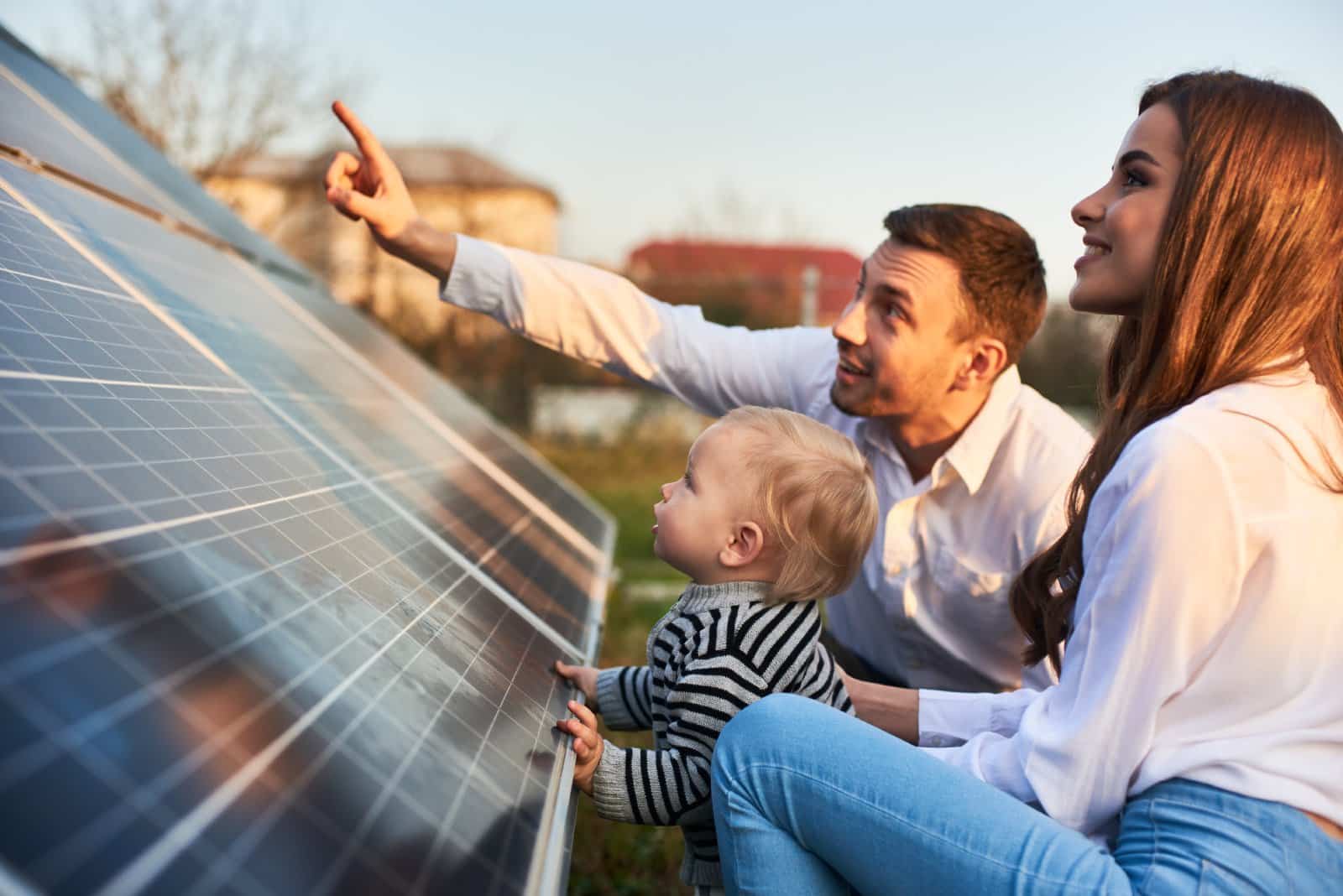
Image Credit: Shutterstock / anatoliy_gleb
CarbonFree certifies products and businesses that offset their carbon footprint. This includes reducing emissions and investing in renewable energy projects.
Navigating the Green Certification Maze

Image Credit: Shutterstock / fizkes
Understanding these certifications can help you make more informed decisions and support sustainable practices. By choosing products and services with these certifications, you contribute to a healthier planet and a more sustainable future. So next time you shop, look for these labels and make a positive impact.
Oil Dumping Scandal Rocks Ships Heading to New Orleans

Image Credit: Shutterstock / Aerial-motion
Two shipping companies have been fined after knowingly hiding a large oil spill in the Atlantic Ocean. Oil Dumping Scandal Rocks Ships Heading to New Orleans
20 Eye-Opening Realities Facing Retiring Baby Boomers
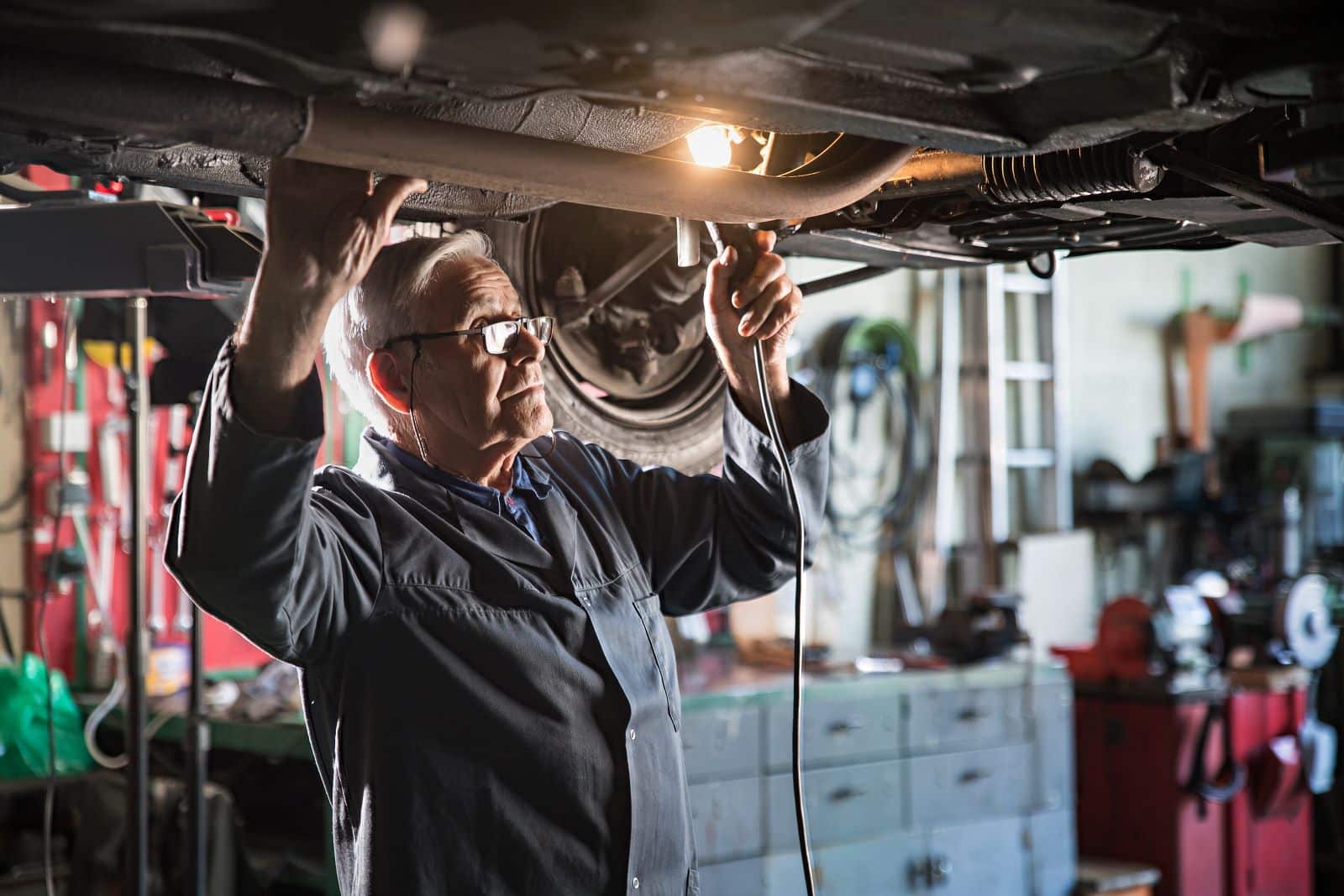
Image Credit: Shutterstock / Jack Frog
As Baby Boomers approach retirement, the promise of leisure and security often seems unattainable. This generation faces unique challenges that could redefine retirement. Here’s a stark look at the realities shaping their outlook. 20 Eye-Opening Realities Facing Retiring Baby Boomers
Retail Apocalypse: Massive Closures Sweep Across U.S. Brands
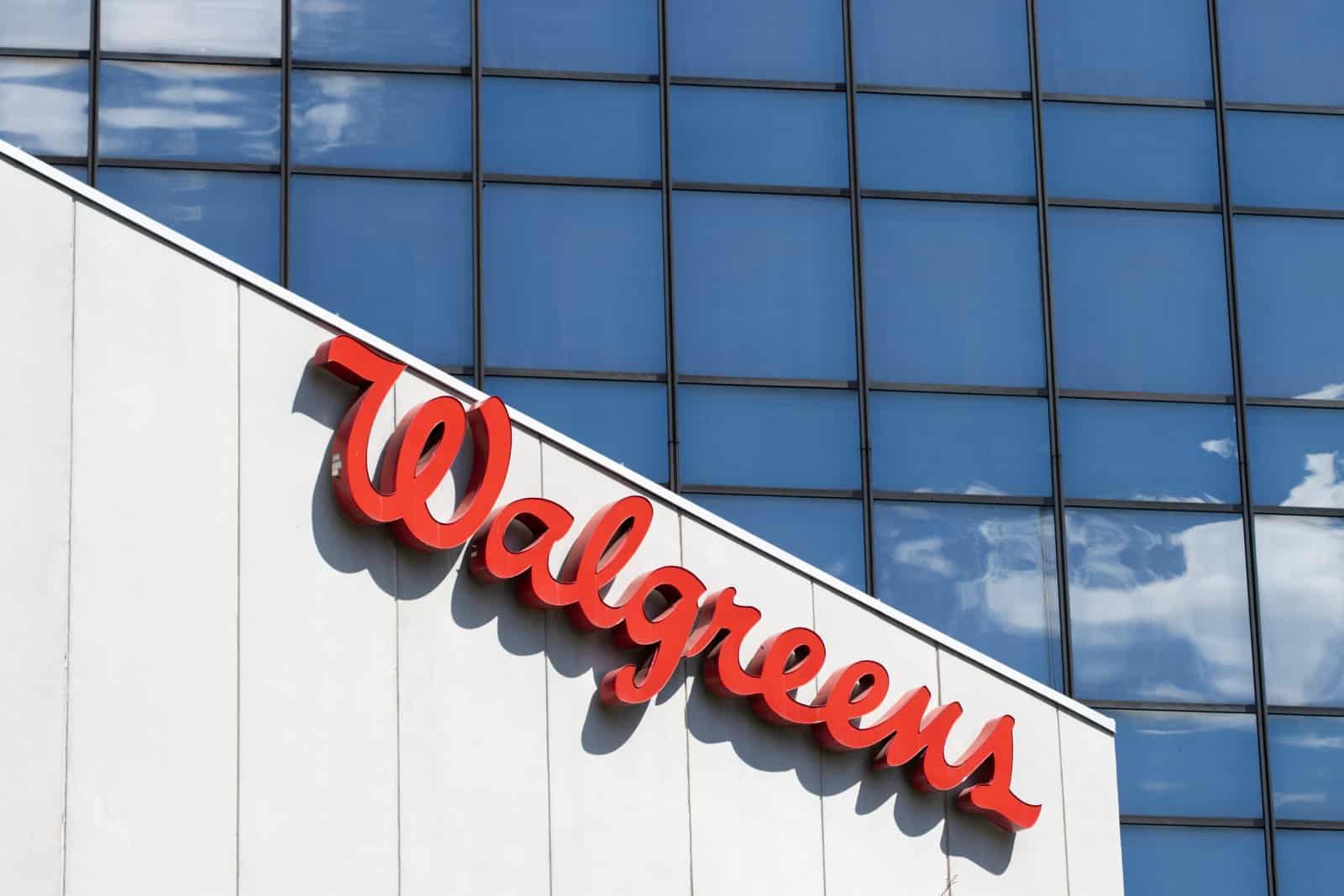
Image Credit: Shutterstock / Tada Images
Stores across the U.S. are closing at unprecedented levels, according to new research from advisory firm Coresight Research. Read on for more information about the impact this could have on you and your communities. Retail Apocalypse: Massive Closures Sweep Across U.S. Brands
The post Master Green Certifications with These 25 Expert Tips first appeared on Ecohugo.
Featured Image Credit: Shutterstock / Dragon Images.
For transparency, this content was partly developed with AI assistance and carefully curated by an experienced editor to be informative and ensure accuracy.


